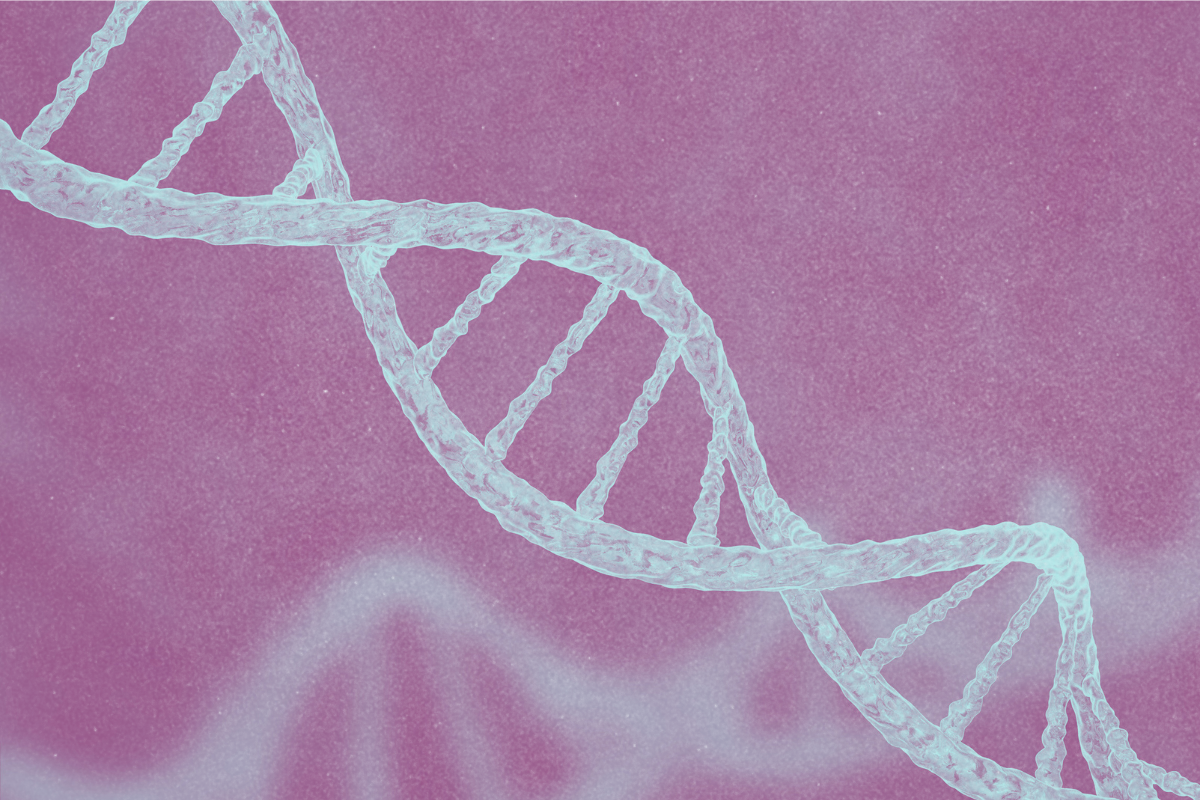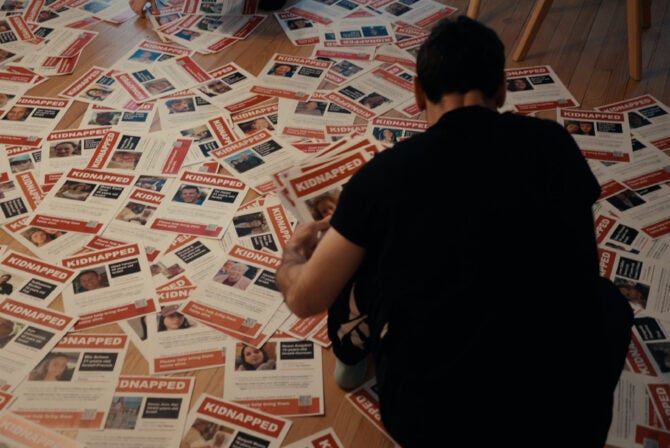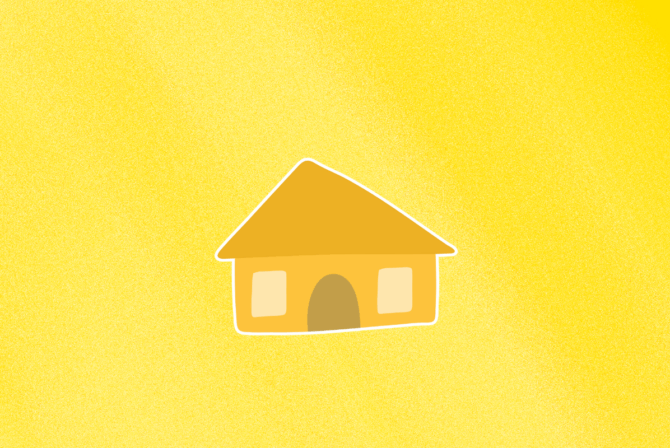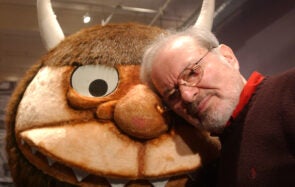With a tightening throat, I pull myself away from scanned images of my infant mother that appear by email. I’m looking at a baby picture of her last day in a German orphanage, sent by my sister from an overlooked box shipped from Germany to New York, back in 1938. My eyes tear up as I look at her anxious face; her toddler suffering is also mine.
Her wide, light eyes seem startled, her arms reach out in a gesture of fear to escape from her nurse’s arms. Mirroring her emotion, a heavy desolation rests in my belly. I try to hold it back, hold it in.
My Jewish grandfather took these photos in July of 1928, the day they adopted my mother, who had been in the orphanage for one year. He and my grandmother had chosen her from baby pictures sent to their home in Berlin, a train ride away. They knew she wasn’t Jewish; their concern was to adopt a healthy baby.
My mother’s mother was a teenager when she gave her up at birth, I later learned.
As a child, my grade school report cards were filled with teacher comments such as “Andrea is crying in school and can’t tell me why.” When hearing about my tears, my mother was irritated: “What are you crying about now?” she’d ask. I shrugged helplessly; no words could describe it. My grandmother teasingly said I was like Alice in Wonderland, who swam in a pool of her own tears, confused by the foreign world she found herself in.
This familiar desolation remains; a well of anxiety that feels larger than my body. The aching tightness in my throat that seems to suppress secrets, stuck there like an old bone. Not surprisingly, I became a writing, a special education and ESL teacher, a mindfulness instructor, who provides emotional regulation to school kids.
When they adopted my mother, my grandparents, Johanna and Erich Sachs, were educated, cultured Jews who identified as Germans, integrated into society. During the rise of Hitler, they successfully hid their Jewish side out of fear that their adopted daughter would be taken from them. With the rise of antisemitic dictates, they feared the Nazis would extend their racist rules to remove what they deemed “Aryan” children from Jewish households. So, my grandparents sent her away to a boarding school in Arosa, Switzerland for two winters.
“I was lonely there, thinking about my home and my parents, but we went skiing every day, which distracted me,” my mother said, dismissing any emotion.
Her parents finally picked her up from Switzerland in the spring of 1938, crossing the border with skis on their car, pretending to leave for a vacation in the Alps. Only then did my 11-year-old mother learn that Hitler was bad, and that they’d never return home.
How could it be that I adopted her suppressed loneliness and trauma? To find out, I turned to the science of intergenerational trauma, which suggests that emotional burdens can be inherited through epigenetics, the modification of gene expression caused by early environmental stress.
Eventually, I recommended my mother as a speaker at the Holocaust Center for Humanity in Seattle, where her unusual story was welcomed. Now at age 97, she speaks to high school students, with me at her side to guide her comments on each PowerPoint slide, of her memories growing up in Nazi Berlin in the late 1930s. She loves an audience and eagerly recounts vignettes such as how her parents forbade her from joining the Hitler Youth, a club where her peers enjoyed picnics and parades.
“My mother wouldn’t let me join; I never knew why,” she likes to say, speaking as if in her girlhood voice.
Her parents kept secret their plans to escape to America and tried to shield her from increasing segregations of the Jews. “I asked my mother why some people were wearing yellow stars and not allowed to sit on the benches in the park,” my mother describes. “But my mother just hurried me away.”
She was recently invited to speak at her senior living community. With my guidance, she tells her usual story, slide by slide. At the end, a question is directed at me: “How did your mother’s experience affect you and your siblings?”
I paused, asking myself, “Can I reveal the pain I’ve kept hidden?”
I turn to my mother and ask, “Do you remember how I used to cry as a child?”
“Sure, if anyone looked at you wrong, you would burst into tears. We never knew what you were crying about,” she says, teasing. I feel the audience focusing on me.
“Your parents were so afraid about getting you out of Germany, about hiding their ancestry and your adoption. They also wanted to keep all that emotion hidden to protect you. Their fears were passed to you and then to me. It’s called generational trauma when offspring adopt the trauma of their ancestors.”
“It’s just that Germans aren’t very emotional,” she insists, not quite following.
The same woman asks, “How did you recover from the trauma?”
“I’m still working on it,” I answer, revealing what I’ve long hidden, just like my grandmother’s protective secret keeping.
Suddenly, the needless burden of fear and anxiety is released. My throat is open and free. My belly breathes with a soft sigh, as if I’m discharging ancient silent sobs. I continue with this pleasant breathing until it turns into long easy sighs — as if her loneliness and mine is finally finding its way back home.
I turn to my mother for an unexpected hug, something we’ve been waiting for a long time.








